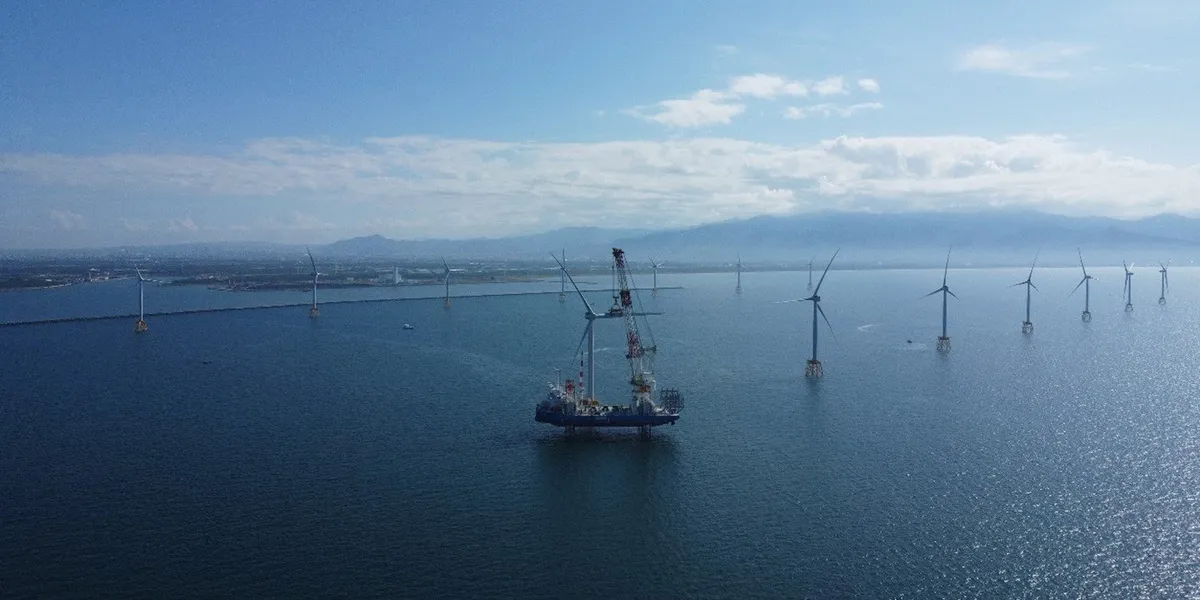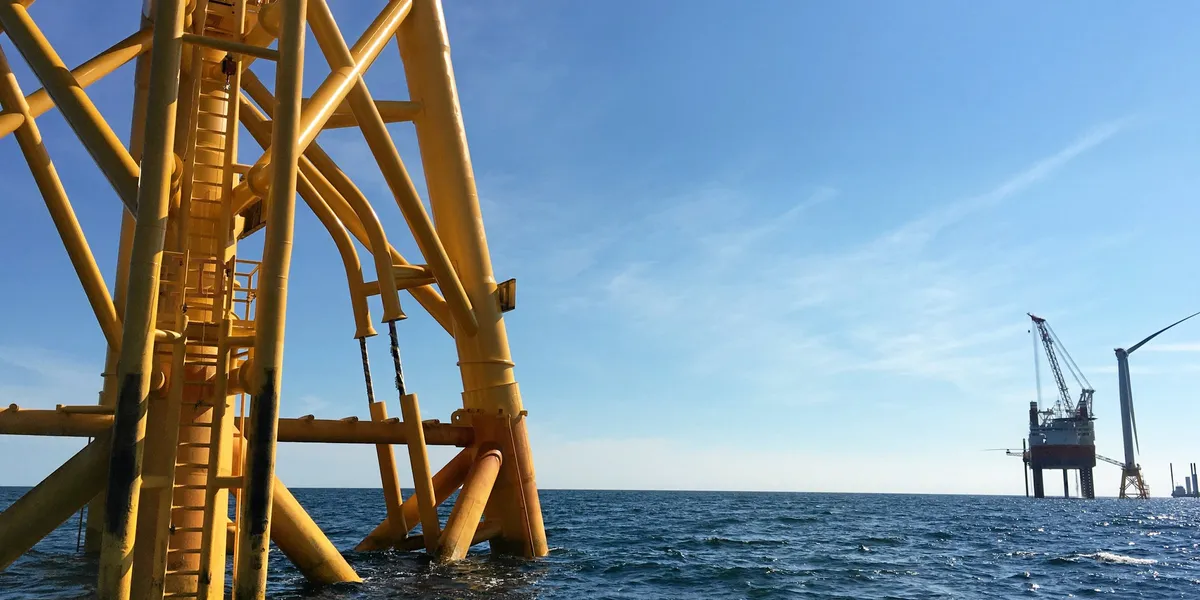If President Trump is intent upon crushing the solar import market with steep tariffs, yet solar photovoltaics (PV) remain the fastest-to-first-power solution in an era of increasing electricity demand, the market mandates that more solar stuff gets made in the United States.
Corning Incorporated, which owns hyper-pure polysilicon producer Hemlock Semiconductor (HSC), is among the companies answering that call.
Corning is increasing its commitment to its new advanced manufacturing operation in Saginaw County, Michigan, from $900 million to $1.5 billion, and adding 400 new high-paying jobs to the 1,000 already planned. This Corning endeavor, making solar wafers, is separate from the new HSC plant being built with funds from the Department of Energy’s Loan Programs Office (LPO).
“We are proud to meet the increasing demand for U.S.-sourced solar products by accelerating the ramp of our advanced manufacturing assets and support[ing] the nation’s priority of domestic energy security,” stated Wendell P. Weeks, Corning chairman and chief executive officer. “Corning has a long, proud history in Michigan, and we’re excited to expand our footprint here by increasing our investment and creating more advanced manufacturing jobs that pay significantly above the regional median.”
Corning intends to bring its domestically made wafers to market in H2 2025 and expects fierce competition for available capacity.
“Corning is excited to leverage our advanced manufacturing expertise to deliver top-quality solar components and secure the U.S. energy supply chain,” added AB Ghosh, Corning vice president and general manager of solar and chairman and chief executive officer of HSC.


A crucial link in the US Solar Supply Chain
Last month, Corning, Heliene, and Suniva announced plans to build the first ‘Made in America’ solar module with polysilicon, wafers, and cells manufactured stateside. Corning will produce the polysilicon and wafers in Michigan. Suniva, which recently restarted production in Georgia, will make the solar cells. Heliene is set to tackle module assembly in Minnesota.
The strength of that whole chain depends upon a foundational source of hyper-pure polysilicon, which is predominantly made in China. Since REC Silicon has thrown in the towel on trying to purify it at both its Butte, Montana, and Moses Lake, Washington plants, HSC is now the only U.S.-owned manufacturer of hyper-pure polysilicon, one of just five companies in the world producing it to the purity level needed to serve the semiconductor market.
That’s precisely why, in January, when the Department of Energy’s Loan Programs Office was firing its money gun into the sky in the twilight of the Biden Administration, the U.S. Department of Commerce awarded HSC up to $325 million in direct funding under the CHIPS Incentives Program’s Funding Opportunity for Commercial Fabrication facilities to support the construction of a new manufacturing facility in Hemlock, Michigan.
“Nearly every single semiconductor made in America relies on the kind of advanced polysilicon that this investment will enable Hemlock to produce,” ventured National Economic Advisor Lael Brainard earlier this year.
The project is expected to create approximately 180 manufacturing jobs and more than 1,000 construction jobs. The CHIPS funds will be distributed in chunks, pursuant to HSC’s completion of project milestones.
“Establishing a domestic source of these materials is important for [the] development of leading-edge chip applications, which helps bolster our economic and national security,” said U.S. Secretary of Commerce Gina Raimondo when the federal funding announcement was made.
Will an end-to-end American-made solar module supply chain ever exist? The odds seem better than ever.









